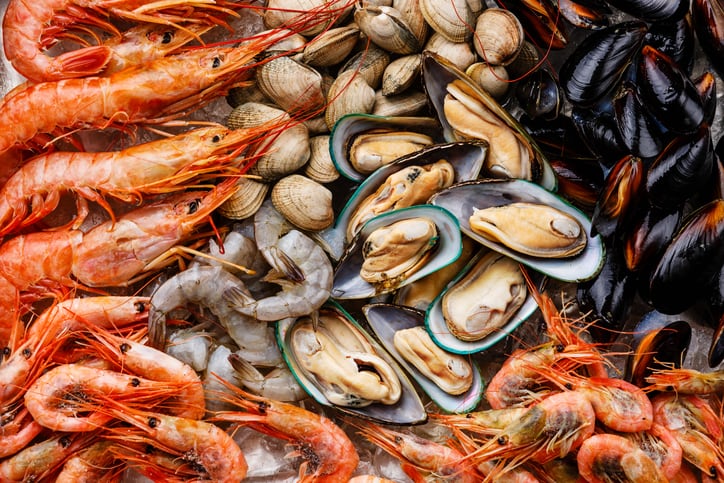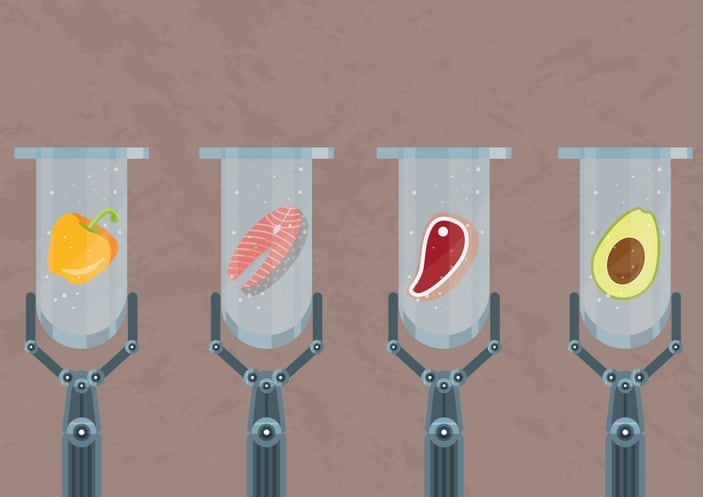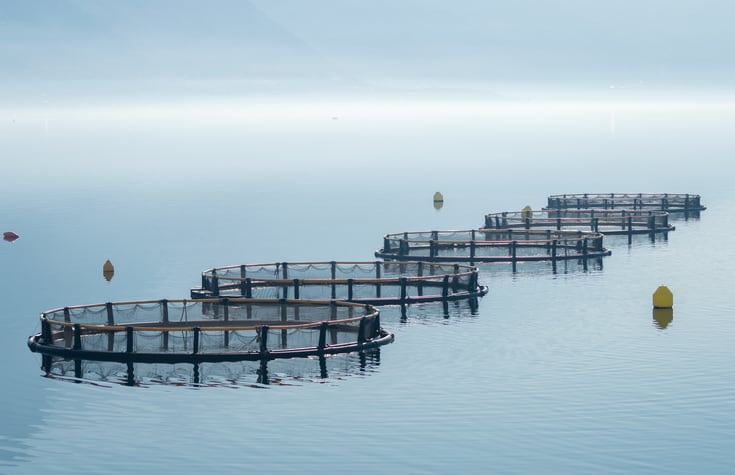In a report, the Marine Conversation Society and Rewilding Britain have called for at least 30% of UK waters to be designated Highly Protected Marine Areas by 2030. The groups claim that about 205 million tonnes of carbon is held in the seas, compared with the 155 million tonnes locked in the UK’s forests.
Therefore, rewilding Britain’s coastal waters would help to cut carbon emissions and assist with the country’s goal of achieving net-zero emissions by 2050. Furthermore, designating a third of UK waters as Highly Protected Marine Areas by 2030 would also restrict activities such as bottom trawling or dredging in those waters which they claim are damaging to marine ecosystems. Rewilding would therefore “support the recovery of fish and shellfish stocks and protect and restore blue carbon habitats”, they said.
The ‘Blue Carbon – Ocean-based solutions’ report from the groups calls on the UK government to support ambitious projects to restore key blue carbon habitats such as seagrass, saltmarsh, oyster reefs and kelp forests around the UK coast. This would see the recovery of ecosystems across a 140,000 km2 area and also allow species such as mussels, oysters, razor clams and seaweed to flourish as a sustainable food source, they said. The organisations also want to work with the private sector to develop and support sustainable and innovative low-carbon commercial fisheries and aquaculture.
“The potential for farming and harvesting of shellfish in UK waters, as well as the restoration of native oyster beds, is undoubtedly vast and offers numerous benefits in terms of carbon storage and lower carbon emissions associated with food production,” the report said. “Global production of marine bivalves has grown hugely in the past 60 to 70 years, and in the UK, this could be further driven by putting aquaculture farms further offshore, where there will be less conflict for space. Scaling up the restoration efforts of initiatives like the Native Oyster Network would provide significant benefits for marine biodiversity conservation and blue carbon storage.”
As an example, it noted that a ban on destructive mobile fishing such as trawling in Lyme Bay, on the Dorset and Devon coast, and voluntary agreements on the scale of potting for crabs and lobsters has led to a "huge resurgence in numbers of many commercially fished species, leading to sustainable incomes for local fishermen."
Dr Chris Tuckett, Director of Programmes, told FoodNavigator that shellfish foods boast significantly lower carbon emissions compared to other sources of protein. He added there was consumer demand for these foods.
“Shellfish farming can have one of the lowest carbon footprints of any method of animal food production. Mussel farming produces just 0.6 kg of CO2 per kg of meat, which is 7 times less than that of salmon, about 10 times less than chicken and about 30 times less than beef. Responsible and sustainable aquaculture can provide low carbon sources of protein at considerable scale, the size of which is driven by consumer demand,” he said.
“As demand grows, the scale of industry increases to fulfil it. At the Marine Conservation Society, we’re supportive of the growth of shellfish aquaculture and encourage consumers to choose the most sustainable seafood via the Best Choice list on our Good Fish Guide. A considerable 73% of consumers say they would definitely change their consumption habits to reduce their environmental impact, so there’s undoubtedly demand for low carbon, planet and ocean friendly food.”





